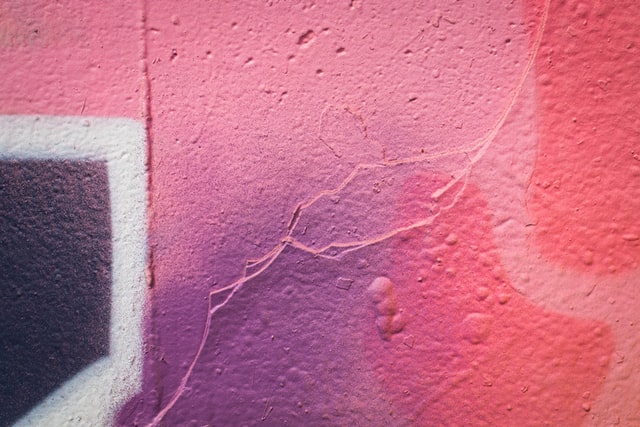On Craft: Notes on a Failure Poetics
5 Minutes Read Time

Associate Editor Madeleine Wattenberg: When I was in my early twenties a man stopped me outside the doors of our just-concluded poetry workshop to ask me if his interpretation of my poem had been “correct.” It had not.
“A poem,” he proceeded to instruct me, “should be understandable by any person of a decent education after one reading.” By decent education he referred, of course, to his education. (He attributed the assertion to Robert Frost—I haven’t fact-checked it.)
What my classmate was proposing was not only that I had not written the poem for him, but that I should have—my poem was not legible to him within the rules and requirements as determined by the “decent education” he had received. Therefore, my poem and I were failures.
Like most people, I spend a lot of time trying not to fail, trying to meet all sorts of expectations from all sorts of places. For the moment I’m putting those endeavors on pause. I’m not going to talk about ways to succeed in poetry—not how to craft a perfect line or please your reader or even excite the staff at a literary journal. Instead, I’m going to briefly talk about a poetics of failure.
It is difficult to prescribe failure because failure by definition does not fulfill what’s prescribed. Nonetheless, there are a lot of ways to fail.
For example, failure can look like a student beginning an essay with “the dictionary definition of ____.” This is a failure to be original in establishing one’s terms. In that spirit:
When I type it into Google, the Oxford English and Spanish Dictionary defines failure as both the absence of success and “the omission of expected or required action.”
To omit what is expected or required—this language is beginning to sound a lot like what I think of as the work of poetry.
Failure is the form of leaving out, even purposefully withholding.
I also love definition 1c from Merriam-Webster: “a fracturing or giving way under stress,” as in structural failure. Sestinas lose their repetitions, sonnets grow extra feet, a word is halved and hyphenated across a line like bone exposed after a break. Poetry places pressure on our language(s). The most powerful poems put pressure on the very oppressive social structures that seek to render them illegible (a subject for another post).
Of course, sometimes the purpose of failure is to escape legibility because to be legible is to be exposed, available for use.
Failure is frequently dictated by readers’ imaginations, a failure according to what the reader has already envisioned as being possible. In a poetry workshop, these are the moments that often become prescriptive—a suggestion is made to better match the poem to the reader’s expectation, bring the poem closer to what the reader already believes they know to be true. Terms such as the male gaze, the white gaze, the colonizer’s gaze are applicable here.
What does it look like when someone fails purposefully? Or when the failure itself becomes the work?
I do have models for this thinking:
In Ban en Banlieue (Nightboat Books, 2015), a hybrid work (hybridity, in a certain light, being a failure of genre) comprising the remnants of a failed novel, Bhanu Kapil writes, “The project fails at every instant and you can make a book out of that and I do.” And she does—I highly recommend it.
In Koss’s “Kim,” the failure to reassemble the narrative of a single moment leads to relentless repetition, ultimately fracturing the cause-and-effect logic on which the speaker initially seems to rely.
We’re often expected to write after an event—to coax it into narrative arc, tease it toward conclusive meaning. To package, then process for interpretation. To write after and not midst. What would it look like to write before? To begin rather than simply continue? I think here of the many writers speculating different worlds, such as Kyle Carrero Lopez in “After Abolition.”
Readers look for cause-and-effect, for clearly demarcated subjects contained within consistent “I’s” and “You’s.” (Those of you who have taken poetry workshops are likely familiar with the “who is the you?” question.) These are all opportunities for failure.
A failure to appear. A failure to cohere. A failure to narrativize.
In an interview about her poetry collection feeld (Milkweed, 2018), jos charles says, “it’s not pleasant always to be understood. We ought to respect people when they are unknowable, or opaque, not just when they fit a sort of convenient, pre-formed narrative.”
Sometimes an individual’s failure is a powerful structure’s successful operation.
Sometimes failure is the refusal to adhere to the limitations of what others can imagine.
In a way, this post is about ignoring the rules and expectations of editors, those who built the structures—and I’m admittedly in a hypocritical position to recommend it, to invite you to submit to us your failures, your before-poems, your fractured structures, your work that can only be understood by those who have undergone the most indecent of educations. But I do.
